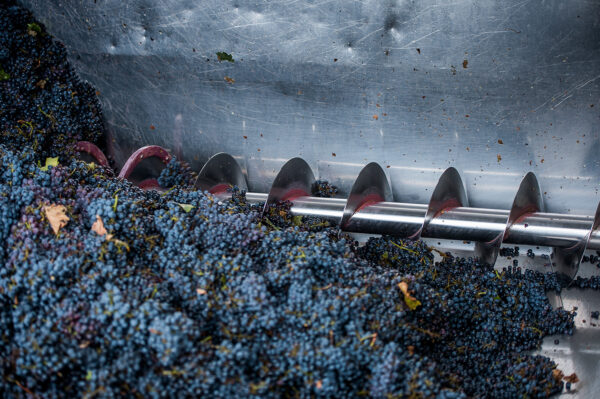For years most only associated cannabis with THC, the most famous – and psychoactive – of the approximately 113 phytocannabinoid chemical compounds in the cannabis plant. Lately, however, cannabidiol, otherwise known as CBD, has grabbed much of the attention from its psychoactive counterpart. These days it seems like new CBD-infused products hit our shelves every day. People can now buy goods ranging from candies to massage oils to pet treats containing CBD. But all of this hype around CBD raises the important question: is CBD actually legal under federal law?
The recent passage of the Agriculture Improvement Act of 2018 (the “Farm Bill”) finally shed some light on this issue. Significantly, the Farm Bill removed hemp and its derivatives from the Controlled Substances Act (the “CSA”). The Farm Bill defines hemp as “cannabis (Cannabis sativa L.), and derivatives of cannabis with extremely low (less than 0.3 percent on a dry weight basis) concentrations of the psychoactive compound delta-9-tetrahydrocannabinol (THC).” The Farm Bill, however, drew a distinction between hemp and “marijuana” – cannabis with higher concentrations of THC – which remains a Schedule 1 controlled substance under the CSA. While many viewed this legal change as a boon for the CBD industry, important legal constraints remain.
On the very day the Farm Bill was signed into law, the US Food & Drug Administration (the “FDA”) updated their FAQs and rushed to issue a statement on the agency’s regulation of products containing cannabis and cannabis-derived compounds. While acknowledging the new legal landscape and market demand for CBD products, the FDA provided a reminder that “Congress explicitly preserved the agency’s current authority to regulate products containing cannabis or cannabis-derived compounds under the Federal Food, Drug, and Cosmetic Act (FD&C Act) and section 351 of the Public Health Service Act.”
Relying on this law, the FDA made several important assertions regarding CBD:
1 – It is prohibited to introduce into interstate commerce any food (including any animal food or feed) to which CBD has been added.
2 –Products containing CBD may not be sold as dietary supplements (i.e., products taken orally that contain dietary ingredients such as vitamins, minerals, herbs or botanicals).
In both instances, the FDA imposed these restrictions because the FD&C Act prohibits the sale of products “to which has been added a substance which is an active ingredient in a drug product,” and certain FDA-approved drugs, including Epidiolex, contain CBD as active ingredients. This essentially served as a notice to the public that, although some types of products containing CBD may be legal, most uses of the product remain significantly limited by federal law.
In its statement, however, the FDA suggested these bans may not last long. The FDA acknowledged it “has authority to issue a regulation allowing the use of a pharmaceutical ingredient in a food or dietary supplement.” The agency also indicated it is taking steps towards regulating such products.
Based on market demand, we may soon see a comprehensive federal regulatory scheme around CBD products. But, until such regulations emerge or Congress amends the FD&C Act, a complex and constrained legal landscape around CBD remains. The attorneys at Rogoway Law Group constantly field questions about hemp and cannabis-derived CBD. Please don’t hesitate to reach out if you need any assistance.


